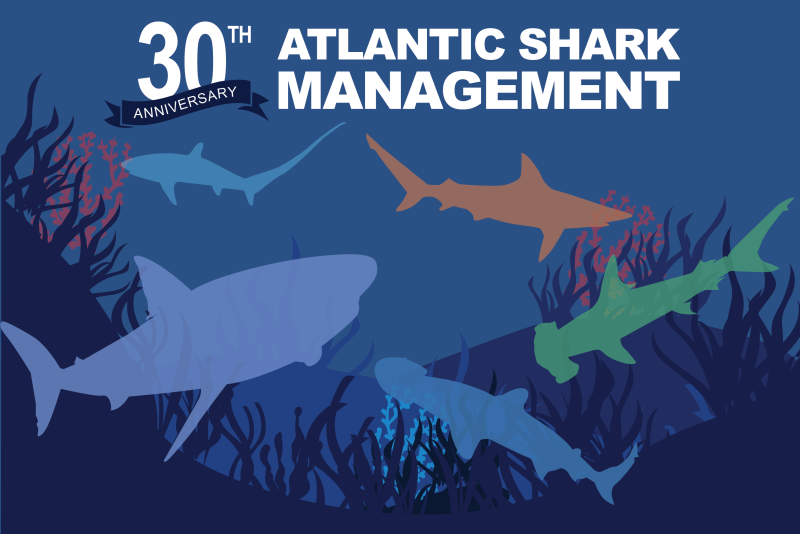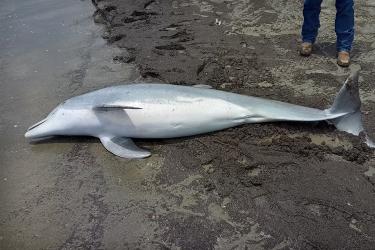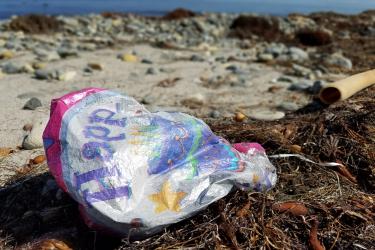At NOAA Fisheries, 2023 marks 30 years of managing Atlantic shark stocks. As we reflect on this milestone, we also celebrate Shark Awareness Day on July 14. This is a day dedicated to increasing awareness, conservation, and understanding of these majestic creatures. To celebrate with us, check out the features below to learn more about how we manage and assess shark stocks, explore climate change impacts to shark habitat, prey, and overall health, and find facts about these spectacular marine species.
Shark Features
Atlantic Sharks: 30 Years of Successes and Lessons
On this episode of Dive In With NOAA Fisheries podcast, we discuss some of the challenges of assessing shark stocks and combatting misinformation about sharks. We'll hear from Karyl Brewster-Geisz, the branch chief for regulations of the Atlantic HMS Management Division, and Dr. Enric Cortés, a senior scientist at the Southeast Fisheries Science Center.
Atlantic Shark Fisheries Management Highlights: A Timeline
Check out these highlights of Atlantic shark fisheries management from the 1970s to 2020s.
Atlantic Blacktip Sharks: A Management Success Story
Blacktip shark stocks are a great example of the successes of 30 years of Atlantic Highly Migratory Fisheries Management.
How we manage Atlantic blacktip sharks
Sharks, Rays, and Climate Change: Impacts on Habitat, Prey Distribution, and Health
Warming ocean temperatures and more intense storms caused by climate change are impacting prey availability and habitat quality for migratory sharks and rays, keystone species in the ocean.
More on sharks, rays, and climate change
Sharpen Your Shark Facts
Celebrate 30 years of federal Atlantic shark fisheries management with new fin-tastic shark facts each week this summer!
Story Map: Atlantic Shark Surveys
This story map is a behind the scenes look at NOAA Fisheries' Atlantic shark surveys.
Explore Atlantic shark surveys
Debunking Common Shark Myths
We're taking a look at some common misconceptions surrounding shark populations and their management. Then we'll give you the facts to bust those myths.
Predicting the Future to Reduce Shark Bycatch
Many people would like to be able to predict where sharks are found in the ocean. NOAA Fisheries has it figured out.










